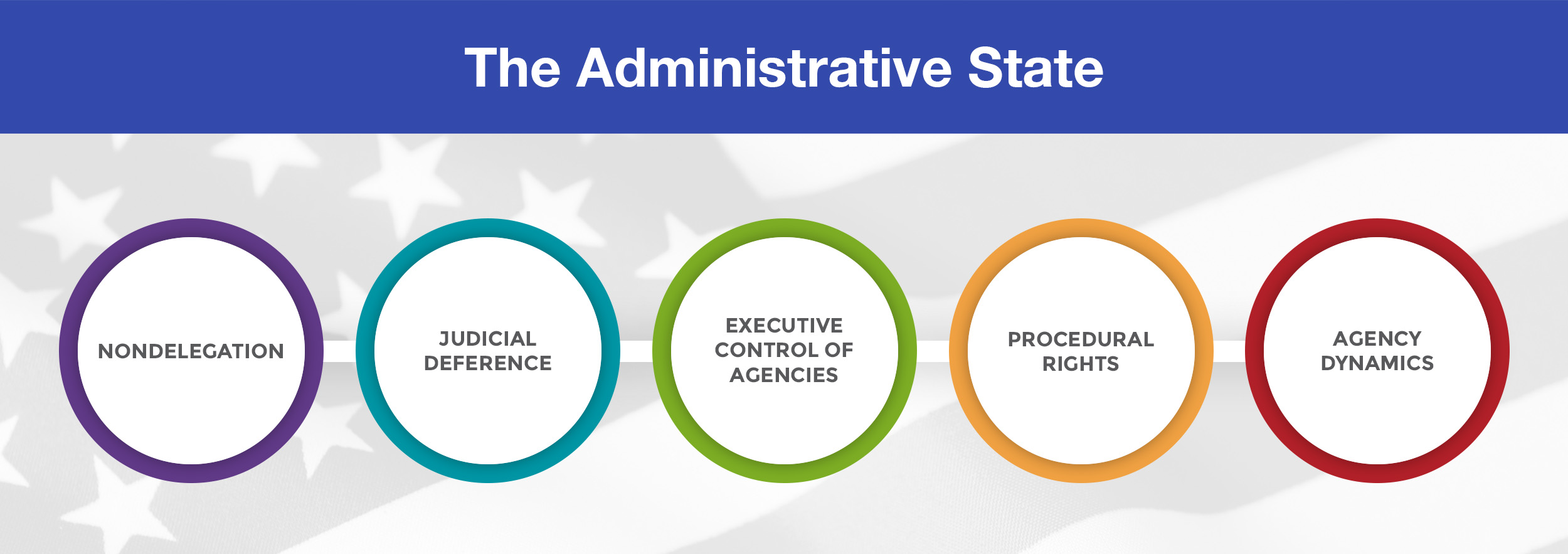National Federation of Independent Business (NFIB) v. Sebelius

 | |
| National Federation of Independent Business v. Sebelius | |
| Reference: 567 U.S. 519 | |
| Term: 2012 | |
| Important Dates | |
| Argued: March 25 - March 27, 2012 Decided: June 27, 2012 | |
| Outcome | |
| United States Court of Appeals for the Eleventh Circuit reversed | |
| Majority | |
| Chief Justice John Roberts • Ruth Bader Ginsburg • Steven G. Breyer • Sonia Sotomayor • Elena Kagan | |
| Dissenting | |
| Antonin Scalia • Anthony Kennedy • Clarence Thomas • Samuel Alito | |
National Federation of Independent Business v. Sebelius is a United States Supreme Court case regarding the individual mandate and Medicaid expansion provisions of the Affordable Care Act (ACA). Under the provisions in question, the ACA required most individuals to maintain minimum health insurance coverage and required states to expand their Medicaid programs or else lose federal Medicaid funds. The court upheld the individual mandate as a legitimate exercise of Congress' Article I taxing power and found that state participation in the Medicaid expansion program was voluntary.
In brief: The plaintiffs alleged that the ACA's individual mandate and Medicaid expansion provisions were unconstitutional. The Supreme Court upheld the individual mandate as a legitimate exercise of Congress' Article I power to lay and collect taxes rather than its authority to regulate interstate commerce, concluding that the penalty is a tax. The court also found that state participation in the ACA's Medicaid expansion was voluntary, but was silent on the question of whether the individual mandate could be severed from the rest of the law.
Why it matters: NFIB v. Sebelius clarified the scope of Congress' authority to regulate interstate commerce under the Commerce Clause of Article I. In the opinion for the court, Chief Justice John Roberts wrote, "The court today holds that our Constitution protects us from federal regulation under the Commerce Clause so long as we abstain from the regulated activity. But from its creation, the Constitution has made no such promise with respect to taxes."[2]
Background
| Administrative State |
|---|
| Five Pillars of the Administrative State |
| • Judicial deference • Nondelegation • Executive control • Procedural rights • Agency dynamics |
| Click here for more coverage of the administrative state on Ballotpedia |
The Patient Protection and Affordable Care Act, also known as the Affordable Care Act (ACA) or Obamacare, was enacted with the primary aim of expanding health insurance coverage to more people. To that end, the law required most individuals to acquire and maintain minimum health coverage or be penalized. It also required states to expand eligibility for their Medicaid programs to all individuals with incomes up to 138 percent of the federal poverty level. If the state refused to expand, the law said that the federal government could completely withhold its portion of Medicaid funding from the state.[3][4]
Less than two months after the law was enacted, a federal lawsuit was filed in Florida, consisting of 26 states, two individuals, and an independent organization. The following plaintiffs joined: The Attorneys General of Arizona, Indiana, Mississippi, Nevada, North Dakota, Alabama, Colorado, Florida, Idaho, Louisiana, Michigan, Nebraska, Pennsylvania, South Carolina, South Dakota, Texas, Utah, Washington, Georgia, Alaska, Ohio, Wisconsin, Kansas, Maine, Iowa, and Wyoming; Mary Brown and Kaj Ahlburg; and the National Federation of Independent Business. The lawsuit was brought to the federal District Court for the Northern District of Florida by Florida state Attorney General Bill McCollum on March 23, 2010.[5][6]
The lawsuit challenged the Affordable Care Act on the grounds that the individual health insurance mandate exceeded Congress' authority to regulate interstate commerce under the Commerce Clause of Article I and did not fall within its power to tax. The complaint further alleged that the act violated the Tenth Amendment by compelling states to follow federal regulations.[5]
The U.S. District Court for the Northern District of Florida ruled on January 31, 2011, that the individual mandate of the Affordable Care Act exceeded Congress' authority. It also ruled that the individual mandate could not be severed from the rest of the Affordable Care Act, thus striking the entire act. However, it found in favor of the federal government with regard to the Medicaid expansion.[4]
The federal government appealed the ruling, which then went to the Eleventh Circuit Court of Appeals. The Eleventh Circuit affirmed in part and reversed in part the judgment of the lower court. It agreed that the Medicaid expansion provision was not unconstitutionally coercive and that the individual mandate was unconstitutional. However, the Eleventh Circuit held that "the individual mandate could be severed without invalidating the remainder of the ACA."[4]
The Supreme Court granted certiorari on November 13, 2011, and oral arguments were held on March 25 through March 27, 2012.[4]
Oral argument
| Federalism |
|---|
| •Key terms • Court cases •Major arguments • State responses to federal mandates • Federalism by the numbers • Index of articles about federalism |
Oral argument was held March 25 - March 27, 2012. The case was decided on June 27, 2012.[4]
Decision
The Supreme Court overturned the judgment of the Eleventh Circuit in a 5-4 decision and upheld the individual mandate as constitutional under the Constitution's Taxing and Spending Clause. The court also upheld the Medicaid expansion but struck down the provision that would withhold federal Medicaid funds from states that did not expand the program. The majority opinion was written by Chief Justice John Roberts and joined in part by Justices Ruth Bader Ginsburg, Stephen G. Breyer, Sonia Sotomayor, and Elena Kagan.[4]
Opinions
Opinion of the court
|
|
|
|
|
|
The Court upheld the Affordable Care Act's individual mandate as a legitimate exercise of Congress' Article I power to lay and collect taxes, concluding that the penalty is a tax. Chief Justice John Roberts wrote, "The court today holds that our Constitution protects us from federal regulation under the Commerce Clause so long as we abstain from the regulated activity. But from its creation, the Constitution has made no such promise with respect to taxes." The court held, however, that Congress did not have such authority under the Commerce Clause.[4][7][8]
The court also concluded that, by cutting off all Medicaid funding to states that refused to expand the program, the federal government was engaging in coercion. The court stated that the law transformed the original Medicaid program into "an element of a comprehensive national plan to provide universal health insurance coverage." However, it upheld the Medicaid expansion provision otherwise, effectively making the expansion voluntary on the part of the states.[4]
The court did not rule on whether the individual mandate was severable from the law.[4]
Dissent
|
|
|
|
|
Justices Antonin Scalia, Anthony Kennedy, Clarence Thomas, and Samuel Alito dissented. The dissenting opinion did concur that the individual mandate was not a legitimate regulation of interstate commerce, because it compelled people to engage in particular transactions rather than regulating existing transactions: "the mere fact that we all consume food and are thus, sooner or later, participants in the 'market' for food, does not empower the Government to say when and what we will buy. That is essentially what this Act seeks to do with respect to the purchase of health care." The dissenters argued that the individual mandate represented an unprecedented abuse of federal power, for the federal government has "never before used the Commerce Clause to compel entry into commerce."[8][9]
However, the dissenting opinion also argued that the individual mandate was not a legitimate exercise of the power to tax, because the statute described the fine as a "penalty" rather than a tax. The opinion also concluded that the Affordable Care act should be overturned in its entirety, as it could not function as intended without the individual mandate.[8]
In addition, the dissenting opinion argued that the Medicaid expansion in its entirety was unconstitutional due to the provision that nonparticipating states would have their federal Medicaid funding revoked. The authors wrote that the court does not have the power to rewrite the law and remove the penalizing provision. That authority, the opinion states, belongs to Congress.[8]
See also
External links
- Supreme Court of the United States, "National Federation of Independent Business v. Sebelius"
- The Henry J. Kaiser Family Foundation, "A Guide to the Supreme Court’s Decision on the ACA’s Medicaid Expansion"
- Oyez, "National Federation of Independent Businesses v. Sebelius"
Footnotes
- ↑ Supreme Court of the United States, "National Federation of Independent Business v. Sebelius," accessed May 20, 2016
- ↑ [https://fas.org/sgp/crs/misc/R42698.pdf Congressional Research Service, "NFIB v. Sebelius: Constitutionality of the Individual Mandate," September 3, 2012]
- ↑ The Henry J. Kaiser Family Foundation, "A Guide to the Supreme Court’s Decision on the ACA’s Medicaid Expansion," August 1, 2012
- ↑ 4.0 4.1 4.2 4.3 4.4 4.5 4.6 4.7 4.8 Oyez, "National Federation of Independent Businesses v. Sebelius," accessed May 20, 2016
- ↑ 5.0 5.1 United States District Court for the Northern District of Florida, Pensacola Division, "National Federation of Independent Business v. Sebelius, Amended Complaint," accessed May 20, 2016
- ↑ United States District Court for the Northern District of Florida, Pensacola Division, "National Federation of Independent Business v. Sebelius, Original Complaint," accessed May 20, 2016
- ↑ Christian-Science Monitor, "How John Roberts upheld health-care law while limiting congressional power," June 28, 2012
- ↑ 8.0 8.1 8.2 8.3 Legal Information Institute, "National Federation of Independent Businesses v. Sebelius," accessed May 20, 2016
- ↑ Justia, "Nat'l Fed'n of Indep. Bus. v. Sebelius, Dissent," accessed May 20, 2016
| |||||||||||















